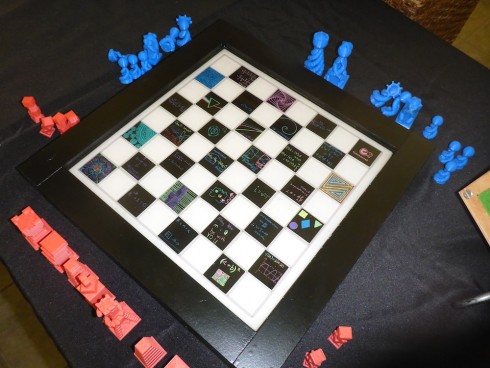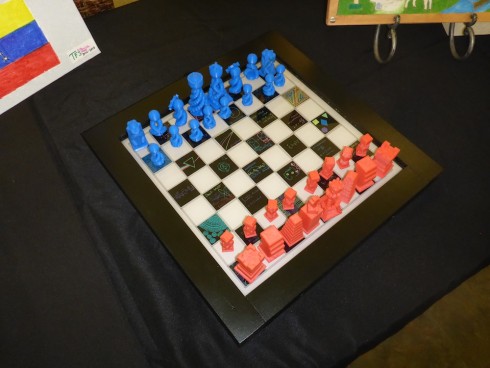I’ve long thought that with all the things we can do with personal, handheld technology that we’re acceleratingly becoming cyborgs. And I don’t think it a bad thing. Consider how much cell phones and the internet helped in the Egyptian protests. Consider being able to look up maps and definitions when you need them, and being able to share them live in the classroom.
Garry Kasparov, the chess grandmaster who was the first to be defeated by a computer in 1998, adds another useful datapoint in an article on the human-machine partnerships in chess competitions:
The teams of human plus machine dominated even the strongest computers. The chess machine Hydra, which is a chess-specific supercomputer like Deep Blue, was no match for a strong human player using a relatively weak laptop. Human strategic guidance combined with the tactical acuity of a computer was overwhelming.
–Kasparov (2010): The Chess Master and the Computer
but also fascinating is this, after a tournament:
The winner was revealed to be not a grandmaster with a state-of-the-art PC but a pair of amateur American chess players using three computers at the same time. Their skill at manipulating and “coaching” their computers to look very deeply into positions effectively counteracted the superior chess understanding of their grandmaster opponents and the greater computational power of other participants.
The take home message is worth pondering:
Weak human + machine + better process was superior to a strong computer alone and, more remarkably, superior to a strong human + machine + inferior process.
–Kasparov (2010): The Chess Master and the Computer

